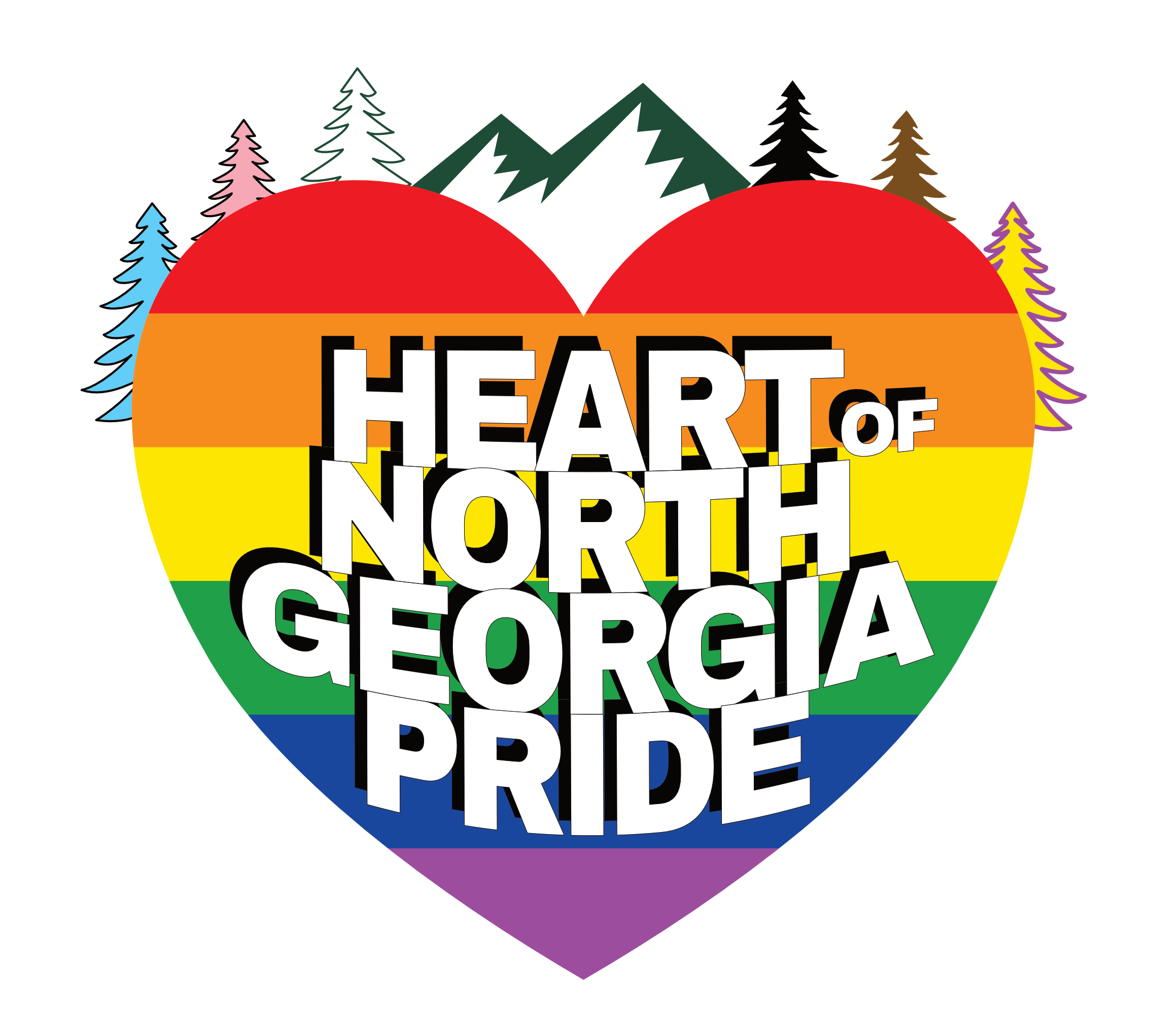
The fight for LGBTQIA+ rights in Georgia is far from over. Over the past year, several bills have been introduced or passed that directly impact gender-affirming care, transgender rights, student athletes, and religious exemptions. It’s important to understand not just what legislation is doing, but how each of us can participate in defending rights and pushing for justice.
🔎 Key Bills & Laws in Georgia (2025)
Here are some of the most significant recent and pending measures in Georgia that affect LGBTQIA+ people. These are ones to watch closely.
| Bill / Law | What It Does | Current Status / Key Points |
|---|---|---|
| Riley Gaines Act (SB 1 / HB 267, “Fair and Safe Athletic Opportunities Act”) | Bans transgender women (and those assigned male at birth) from competing in women’s sports. Also includes provisions about restrooms, locker rooms, and other sex-segregated spaces aligning with sex assigned at birth. GLAAD+1 | Signed into law by Governor Kemp on April 28, 2025. GLAAD+1 |
| SB 39 / SB 185 | These bills (or bill combinations) aim to restrict or ban gender-affirming care for minors, and also for transgender people who are incarcerated, including hormone therapy or surgeries. Georgia Recorder+219th News+2 | Some of the language has moved forward through legislative committees. SB 39 incorporates language from SB 185. Georgia Recorder+1 |
| Law banning gender-affirming surgery/hormone therapy for incarcerated people | New law that prohibits state funds being used for “sex reassignment surgeries,” hormone replacement therapy, or cosmetic surgeries that alter primary or secondary sex characteristics for trans inmates. WABE | Signed into law. WABE |
| Religious Exemption / RFRA-style Bills (e.g., SB 36) | Bills that frame “religious freedom” as protecting individuals or businesses who believe religious beliefs allow them to deny services or rights to LGBTQ+ people. While often framed broadly, they can create loopholes for discrimination when there are no state protections in place. ACLU of Georgia+1 | These bills are under debate / moving in the legislature; activists warn about their impacts. ACLU of Georgia+1 |
🛡 Why This Matters
- Legal protections are not uniform. With just a few laws in place, many forms of discrimination—especially in employment, housing, and public accommodations—are still legal in parts of Georgia.
- When new laws reduce access to gender-affirming care, or restrict rights for incarcerated trans people, they worsen health outcomes, mental health burdens, and marginalization for a vulnerable part of our community.
- Bans on trans athletes or restrictive laws around restrooms/locker rooms aren’t just symbolic: they affect daily life, inclusion in sports, school experiences, and feelings of safety and belonging.
- RFRA-style laws, even if they’re not overtly anti-LGBTQ, can be used to undermine protections in subtle but dangerous ways—especially when the legal framework for civil rights is not strong.
📣 How You Can Advocate NOW
Here are strategies to turn awareness into action:
- Stay informed
- Sign up for legislative trackers from trusted sources (e.g. Trans Legislation Tracker, ACLU of Georgia, Georgia Equality) to get alerts when bills are filed or move.
- Follow the Georgia General Assembly website for upcoming committee hearings, voting schedules, and bill text.
- Contact lawmakers
- Identify your state senator and representative. You can do this via Georgia’s legislative site by your address.
- Write or call to express your concerns. Specific messages get more traction. E.g.: “I am deeply concerned about SB 39’s impact on trans teenagers’ access to medical care. Every person deserves healthcare that affirms who they are.”
- Attend town halls or public hearings. Show up. Bring others. Visibility matters.
- Support legal challenges & advocates
- Donate to or volunteer with organizations actively doing legal work—Georgia Equality, ACLU of Georgia, etc.
- When a bill passes, many legal challenges may follow. Keep updated and amplify calls for legal action.
- Media & personal stories
- Share stories (your own or from people in our community) that show the real effects of legislation—e.g. a trans student who wants to play sports, or a person who needs gender-affirming care.
- Use op-eds, letters to the editor, social media, podcasts to spread awareness.
- Build local change
- Even if State law is lagging, local city or county governments can pass non-discrimination ordinances. Push for protections in your municipality.
- Schools, businesses, health providers: ask whether they have inclusive policies. Advocate for inclusive workplace non-discrimination, restrooms, trainings, etc.
- Vote & civic participation
- Voting matters deeply, down to who represents you in State House/Senate, and who appoints judges. Support candidates who commit to protecting LGBTQIA+ rights.
- Encourage others to register, to turnout, especially in primaries where many of these bills begin.
💡 What to Keep an Eye On
- New bills introducing restrictions on identity documentation changes.
- Bills that may broaden “religious freedom” clauses without anti-discrimination protections.
- Legislation that might rollback existing protections or expand bans to broader populations (e.g. adults, incarcerated people, minors).
- Budget or funding changes that affect LGBTQIA+ resource centers, healthcare access, or school programs.
⚙️ Sample Action Checklist
Here’s a quick checklist you could use or share with your community:
- Find my state senator and representative
- Subscribe to bill tracking alerts from Georgia Equality / ACLU / Trans Legislation Tracker
- Write & send one message to my state legislators about a bill that concerns me
- Share on social media what’s happening and why it matters
- Attend at least one public hearing or local advocacy meeting this year
- Check whether my city/county has local non-discrimination protections; if not, talk to local leaders
Georgia’s legislative landscape is shifting fast. Every voice, every action, every vote counts. By staying informed, speaking out, and standing with those most affected, we build power—and protection—for all people’s dignity, safety, and rights.

